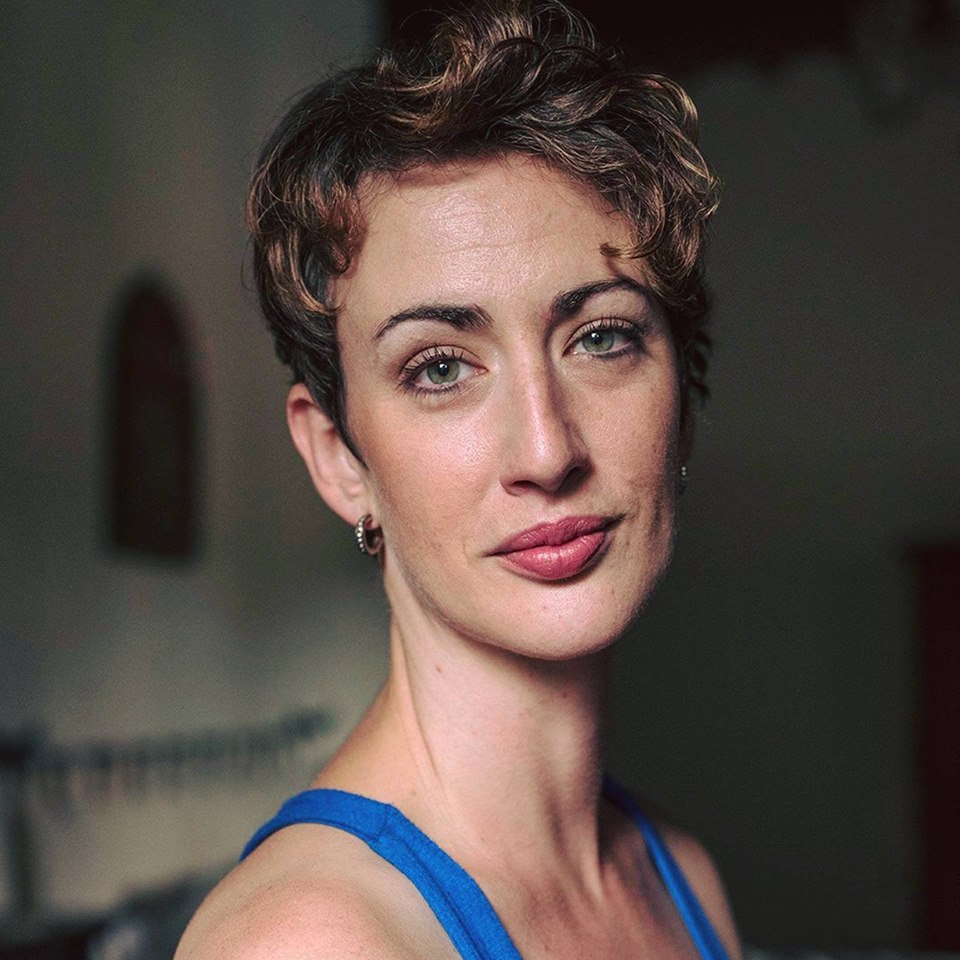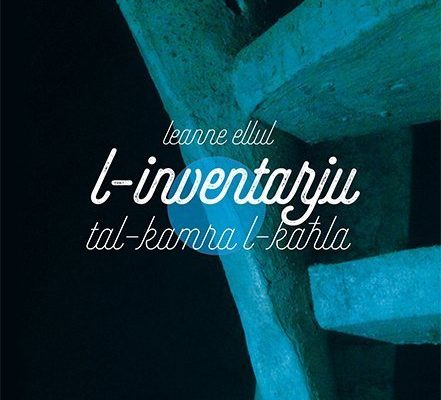In this interview with emerging and award-winning poet and Columbia MFA alumna Susannah Nevison, Nevison talks about disability, mass incarceration, and her upcoming collection, Lethal Theater (Ohio State University Press, 2019). Nevison is a Visiting Assistant Professor of English and Creative Writing at Sweet Briar College.
[Note: “body of disability,” “person with disabilities,” and “disabled person,” are used throughout this piece as part of Nevison’s language preferences. Read more about people-first language here].
Jai Hamad Bashir: I’m really inspired by how you write about the body. Your first poetry collection, Teratology (Persea, 2015), investigates the body and uses more-than-human motifs to talk about your own body. How do you approach writing about the body and what motivates you?
Susannah Nevison: I am always writing from within my body and with my body. My body doesn’t function the way other bodies do. I want to offer an interesting perspective about my body, but not one that focuses on the isolation of disability. I came late to saying that I am a disabled woman. So much of my life was about seeking to assimilate.
When I write about disability, I’m trying to render the body in new and exciting ways. I seek to place disability at the center and not at the margins. I am interested in interrogating the clinical space of the hospital, how hospitals are often spaces of control and stasis, and how the disabled body is seen as a body on the edge. The power structure inherent in the medical model is about taking the body and having it behave in a certain way—something that is deviant and needs to be roped in.
Jai: Yes! I am so interested in how you use the language of horses in this way!
Susannah: My diagnosis comes from the Latin for “horse-footed.” What does it mean for a horse-foot to belong to my body? What if that idea is re-figured and collapsed? What does it mean to be horse-footed, literally? A lot of the language of medicine comes from Latin etymology related to animals. I’m interested in pushing against traditional “disability tragedies,” and instead acknowledging that a disabled body doesn’t have to behave in a certain way.
I want to poetically configure that disabled body as radical, wild, and powerful, complicating this idea that disabled bodies are tragic, failed, etc.
Jai: In a New York Times op-ed with your friend, Molly McCully Brown, as part of their series on disability, you talk about how a person with a disability is made to “speak two languages,” and translate for an able-bodied world. How do you think about this in relation to your creative process?
Susannah: You can invent and reconfigure within the world of poetry. I’m thinking a lot less about translating because I don’t know if there is a non-disabled audience. A large percentage of the population lives with a disability, chronic pain, neuroatypicality, etc. I am more concerned with the creation of the world of the poem. I’ve also been thinking about language that is a generous invitation, in the way that Gloria Anzaldua refuses to translate for someone else in La Frontera/Borderlands. Pushing against what the world asks of you everyday— a reverse engineering of self. That was really important for Molly and me. In our book, we only are speaking to one another; we are not talking to the audience.
Jai: What really struck me about the op-ed is how I feel that you and Molly McCully Brown have the kind of friendship ingrained in the mythos of poetry making that usually is between poets who are men. The only one between women I can think of on top of my head is Anne Sexton and Maxine Kumin. What I like about this idea of friendships within poetry is that it provides a counter-narrative to the poet writing within a vacuum. Can you tell more about that friendship?
Susannah: We became close because we are both poets who write about disability. It was so beautiful to have someone who spoke that second language with you. There is just an indescribable friendship and kinship. We feel very fortunate that The New York Times give us that platform. Often, women are doing this work, but you just don’t see it. We are people making a mess and trying something.
Jai: Could you please recommend other poets who are working within the discourse of disability?
Susannah: Meg Day is an incredible force. In addition, Jillian Weise’ text, The Amputee’s Guide to Sex (Soft Skull, 2017), changed how I thought about womanhood and the body. I was told seven years ago I might have to undergo amputation and my book with Molly (In the Field Between Us) gave me a space tp think through losing the body as an act of liberation. I think what I gained from Jillian is she that is a disabled poet that so clearly pushes against ableism, I learned you can do it without giving a fuck.
Jai: Can you tell me more about the upcoming collection, Lethal Theater, and the concept behind it? The title is so haunting and makes me think of how things are constructed as performances. What do you mean by “Lethal Theater?”
Susannah: The idea of a “lethal theater” is borrowed from Dwight Conquergood’s concept of a “spectacle of execution.” The text is separated into three sections, and the last section is a twenty-page poem that investigates the use of anesthesia in lethal injection. The imagery juxtaposes the surgical chamber with the death chamber. The idea of the lethal injunction is framed within the larger spectacles of violence in our nation. I was really interested in clinical of acts of execution; state-sanctioned homicide.
My own first memory is with anesthesia. I am questioning: how have I benefited from medical care and surgery. The book is investigating who enacts certain spectacles. Questioning the history of these drugs and how incarcerated bodies are utilized for the others’ benefit. It is not separate from how bodies of color are used for experimentation. Our country was sterilizing women without consent as recently as 2013. As a nation, we try to make it okay, but it is incredibly barbaric.
Jai: Lately, there is great concern in poetry about who gets to use what voice and in what context. How did you assess this in relation to writing about mass incarceration?
Susannah: Because I have not been incarcerated, I am writing next to this material. I don’t feel comfortable using the voice of the person who is incarcerated. Rather, I am interested in examining how we are complicit in that violence.
I am also using my history as a patient to inform my work. The word “inmate” used to refer to hospital patients. I am interested in the body that has experienced a loss of control and what are the limits of that body? What happens if I examine my body and juxtapose it with what is happening in another setting?
Jai: Recently, former director of Columbia’s poetry program, Lucie Brock-Broido was honored with a tender and aching tribute. Could you tell us what it was like to work Lucie?
Susannah: Working with Lucie was so magical. When I was doing my MFA, I was twenty-two, and I didn’t know what I was doing. Lucie believed in us so wholeheartedly, in all of us, even when we sucked. She was someone who would look at someone and recognize their desire to create, and who believed deeply in that desire. It was an incredibly brave and honorable thing to believe in that, and that belief informed me as a writer, and more importantly, as a teacher.
Jai: I was hoping to end this interview with a little whimsy—Waffles vs. Pancakes.
Susannah: Waffles—there are more pockets for syrup!
Jai: Walt Whitman vs. Emily Dickinson:
Susannah: Emily Dickinson. Walt Whitman isn’t even invited.
Jai: If you had to give a poem to an extraterrestrial, what would it be?
Susannah: “Song” by Brigit Pegeen Kelly. The primary image is there is a goat’s head in a tree and the poem ends with “and the heart dies of its sweetness.” In this poem is all the violence that humanity is capable of, but there is also something so gorgeous and ineffable.
Jai: Poetry is ____
Susannah: necessary
Jai: Poetry can___
Susannah: move
Jai: Poetry cannot _____
Susannah: die
photo provided by the author



